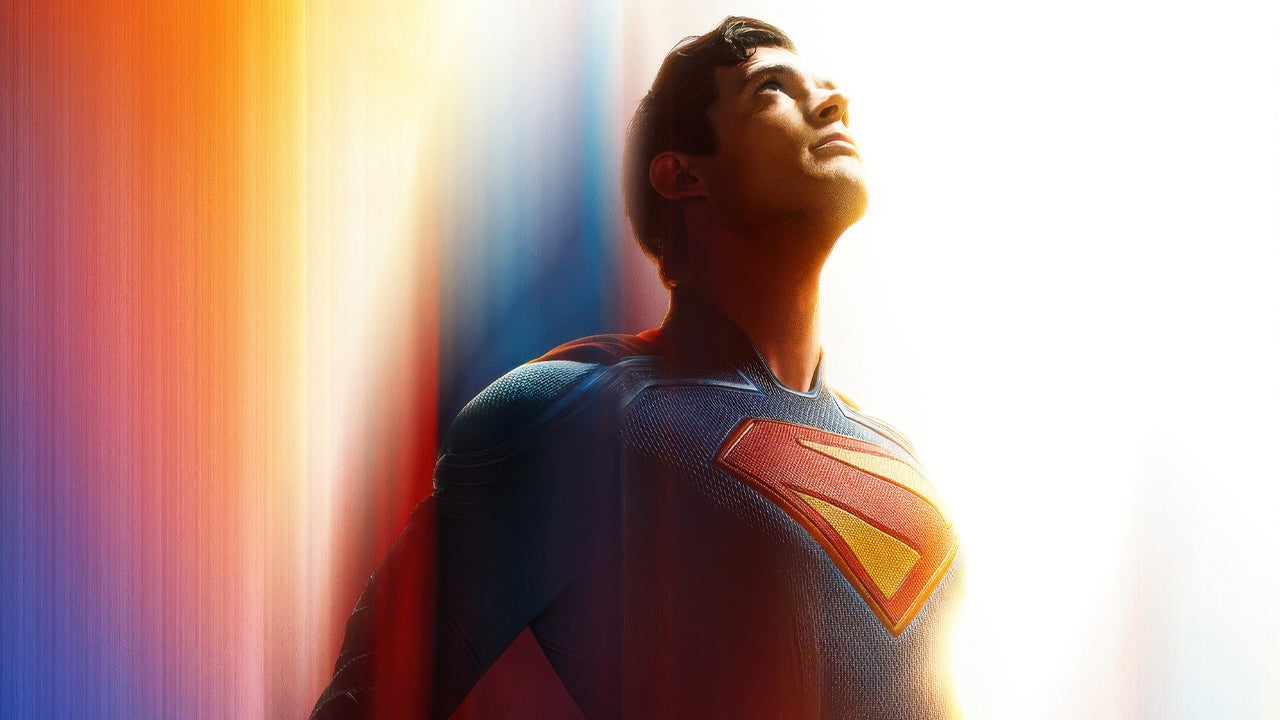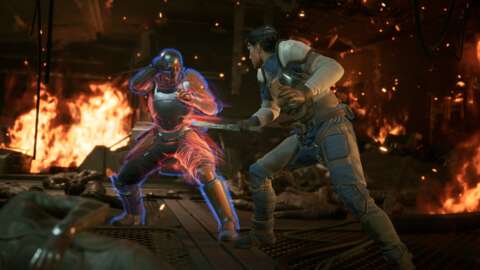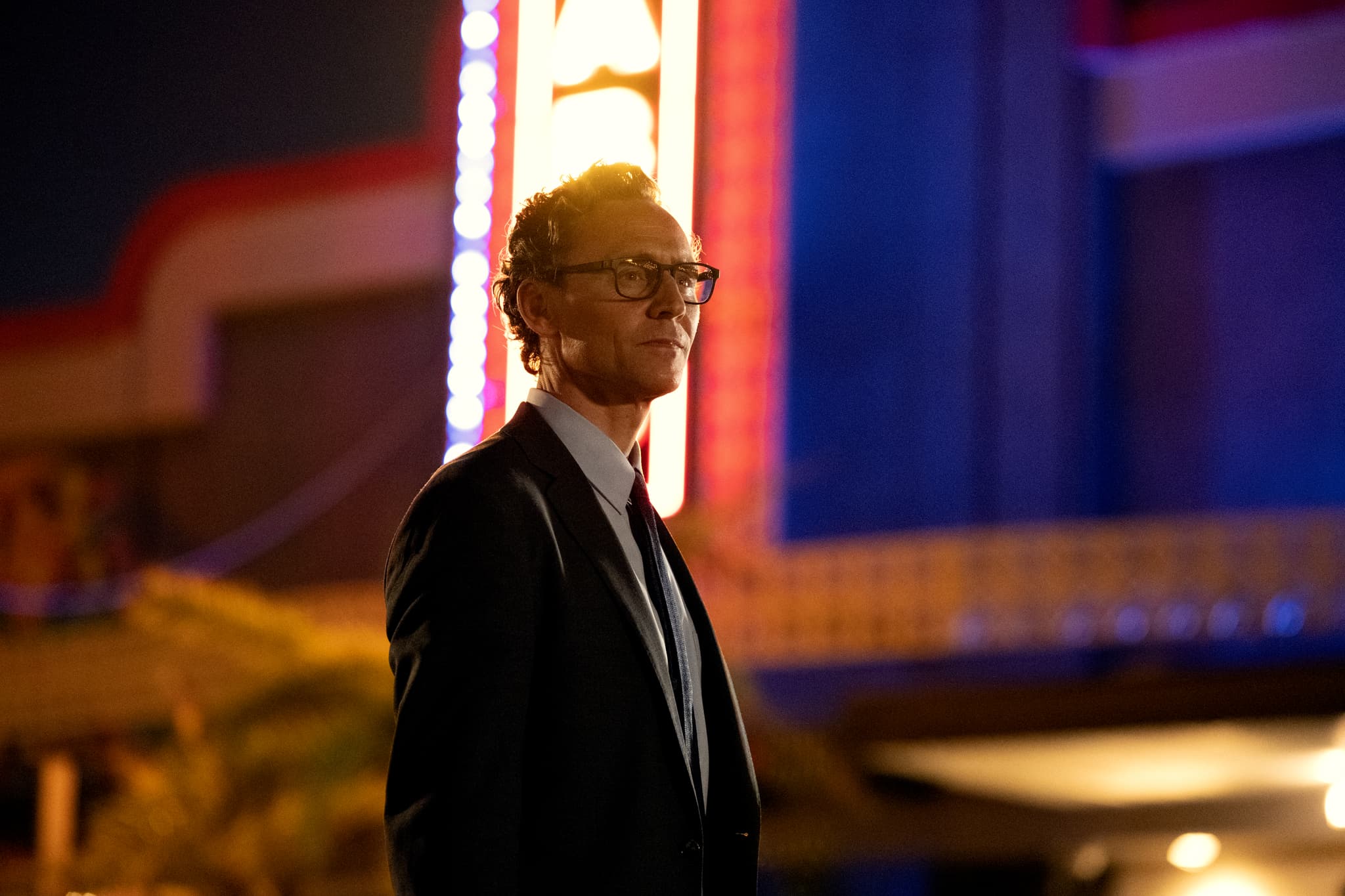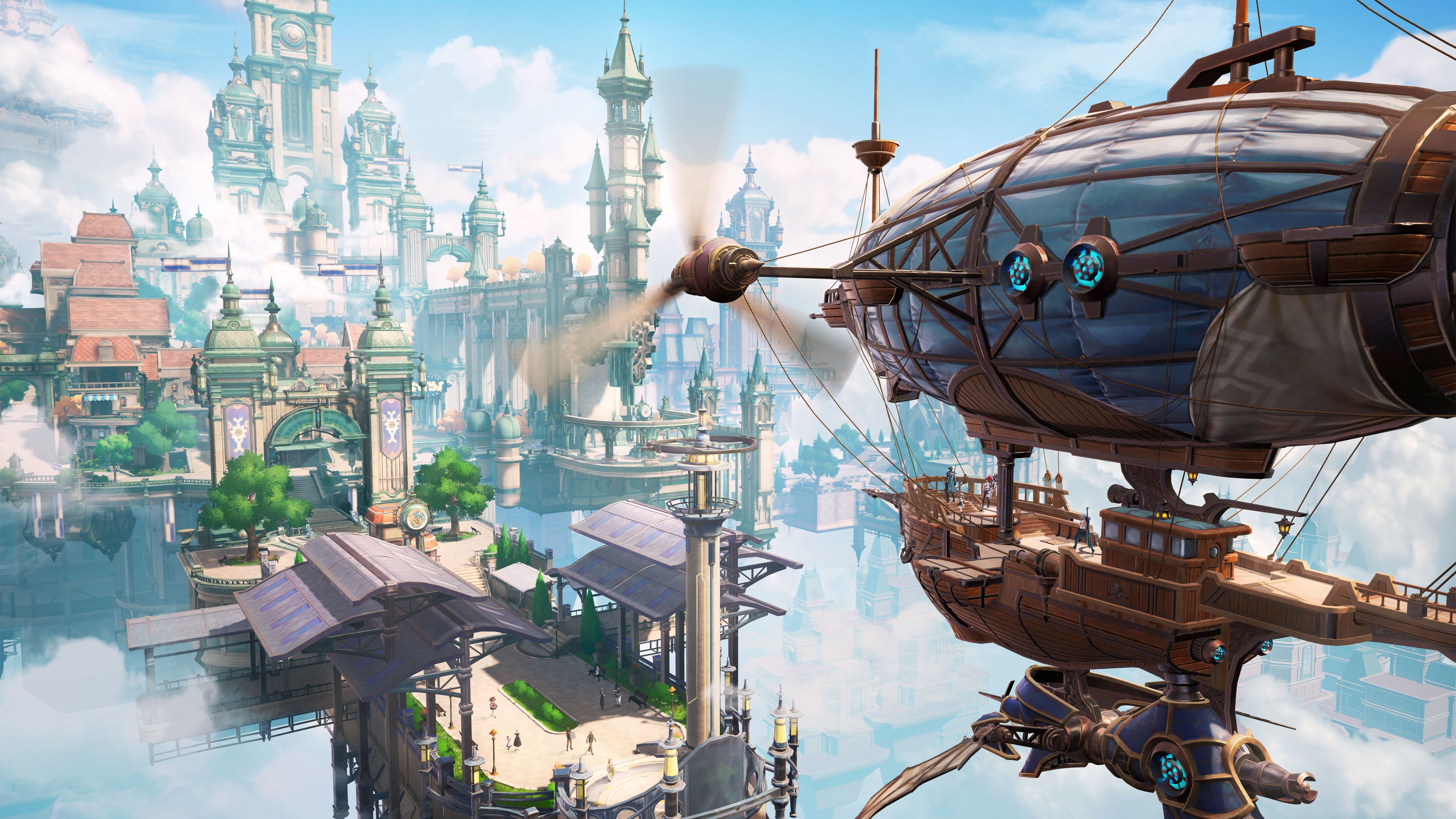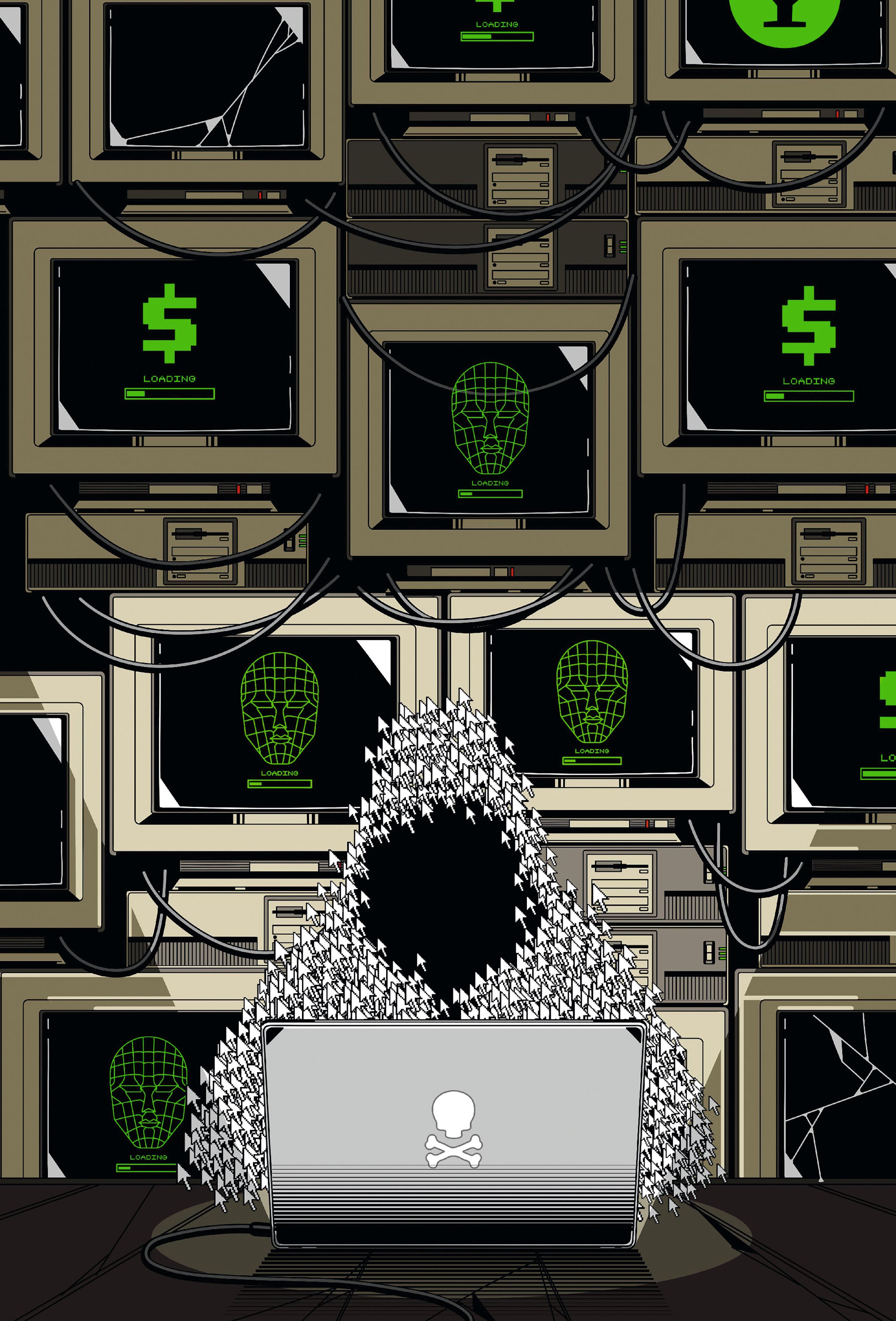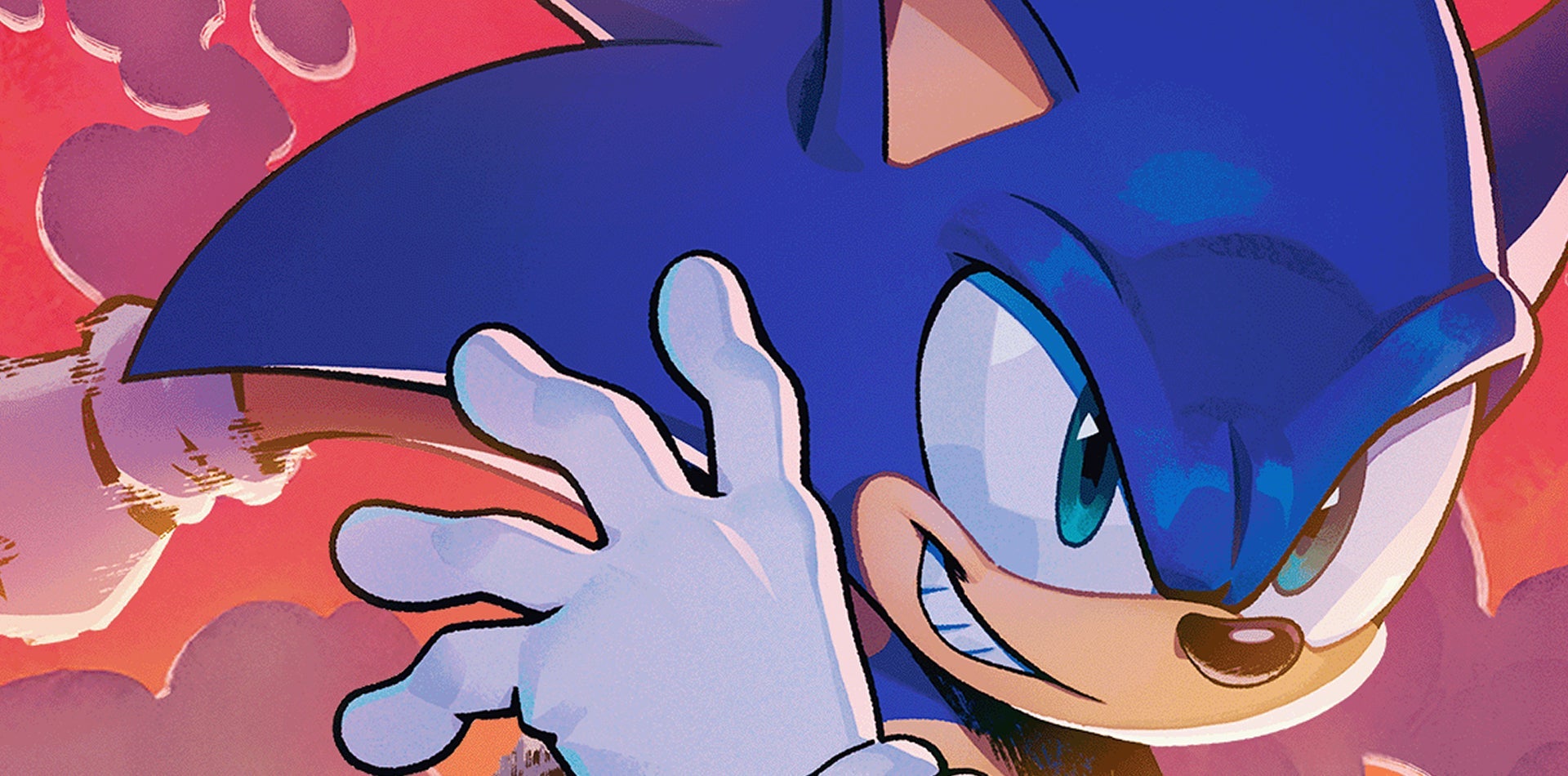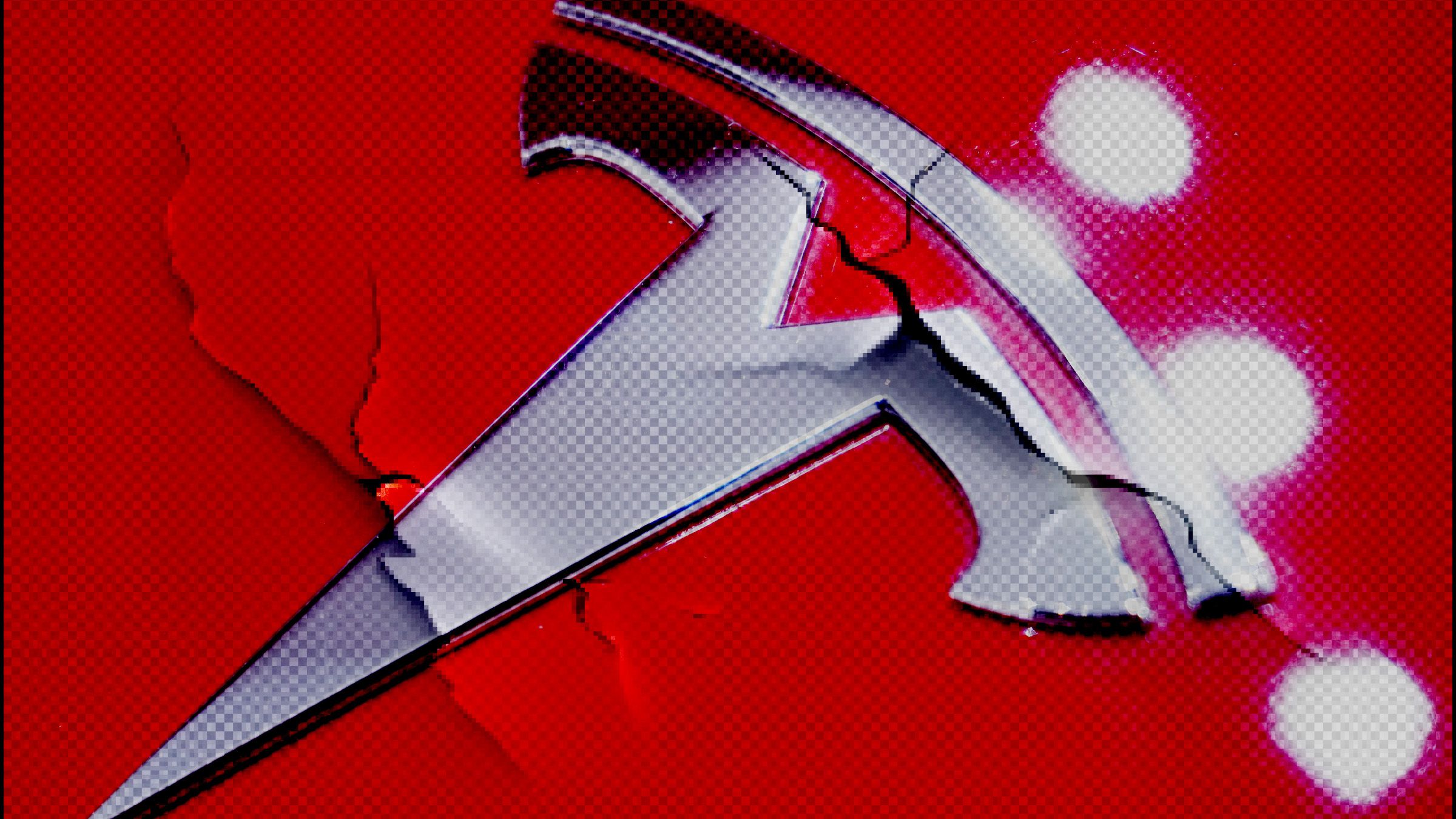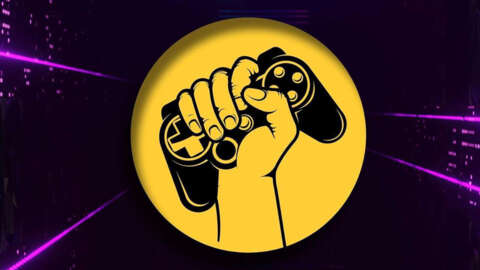
Superman is one of the most enduring figures in all of pop culture: a mythic symbol of truth, justice, and the American way without which the very idea of a superhero as we know it wouldn’t exist – or, for that matter, the phrase “truth, justice, and the American way.” James Gunn’s new big-screen take on the character finds itself questioning what place such an idealistic, elemental hero could possibly have in our complicated modern world, and how those battered, yet timeless, values fit into a blockbuster that also shoulders the burden of launching an entire cinematic universe. It should come as little surprise that the man who turned one of Marvel’s most obscure teams into beloved, roller-coaster-headlining A-listers figured out how to make Superman soar once again, and the movie gets both the DCU and David Corenswet’s sure-to-be long reign as the Man of Steel off to a great start.
Gunn grapples with Superman’s mythic status by fully embracing it, giving the details of Kal-El’s origins no more screentime than some brief opening, onscreen text. Twenty-plus years after X-Men and Sam Raimi’s Spider-Man movies ushered in the age of superhero cinema, Superman takes for granted that its audience will feel at home in a world where gods, monsters, and even Superdogs named Krypto are a fact of life and confidently uses that to spectacular effect. What immediately sets Gunn’s Superman apart from its forebears is the breadth of comic book history that it openly and passionately pulls from, leaning heavily into more colorful cosmic and pulpy elements than any big-screen Superman before. Literally, this the most vibrant superhero movie since… well, Guardians of the Galaxy Vol. 3.
Gunn comes ready to solve the problem of world-building by dropping us directly into a world that’s already built: our earliest moments with Superman are spent in the aftermath of a battle he’s already fought, Lex Luthor has already been studying the Kryptonian’s strengths and weaknesses from afar for years, and Clark Kent’s relationship with his hard-nosed partner in journalism, Lois Lane (Rachel Brosnahan), is several months old. Even the nuances of privatized superheroism are quickly established in the middle of a kaiju fight as Supes and the corporate capes of the Justice Gang bicker over best practices. This leaves Superman feeling like both Gunn and Warner Bros. reckoning with all the success they’ve seen (or in Gunn’s case, furthered) on the part of Marvel Studios, and the smart bets they place on how much we’ll accept as natural to this new continuity without the need to stop down and explain every little thing pay off. It’s an optimistic calculation, and it fits in well because optimism is the name of the game in Superman.
That hopefulness is anchored by a knockout performance from Corenswet. He brings a ton of confident swagger to Superman, perfectly balanced with an old-fashioned tendency to let slip a “good gosh” or a “what the hey” in lieu of a curse word. His take on Superman lives in these idiosyncrasies, frequent reminders of Clark’s humble upbringing that do wonders for keeping the question of humanity, and what that means in Clark’s case, in the mix. The lines between Superman and Clark are quite blurry here, especially since Clark spends half his screentime with Lois, and the Daily Planet reporter already knows he’s Superman by this point. Brosnahan evokes Lois’ weary, wiley personality well, and an early scene when Superman grants her an interview – which quickly spins into a lovely verbal battle where the complicated dynamics that underpin their budding relationship rear their head – does a fantastic job of establishing the two stars’ chemistry. At the same time, Clark’s refusal to acknowledge the downsides to his recent intervention in a foreign border conflict goes a long way to making the god-among-men fallible.
Getting his ass kicked by a dog in the first scene also has that effect. Gunn regularly skips over spelling out the background info that even non-comics-reading audience members will know by cultural osmosis, so the elements of Superman’s personality and mythos that he does stop to underline say a lot about his take on what the character represents. When the interview with Lois reaches its fever pitch – with Clark bursting out that people were going to die had he not stepped in – it’s an idealistic oversimplification. But the horror that he’d be responsible for those deaths is baked into Corenswet’s delivery there, and it represents why he works so well as the character.
For all the existential conflicts Superman navigates while he’s chatting with his girlfriend in her living room or flying around trying to save the world, it’s the brief, intimate interactions he shares with the citizens of Metropolis he’s trying to protect that really shade Corenswet as a Superman of the people. He’s quick to suggest a breathing exercise for someone freaking out after he’s just had to fly them to a rooftop three blocks away, or to remember the name of a street vendor he’d saved at some indeterminate point in the past. Heck, he even saves a squirrel at one point. These kinds of exchanges take just a few seconds to play out, but they’re all over Superman and go a long way to grounding the stakes.
A longstanding critique of Superman stories, though, is that with his basic invincibility and all, it’s hard to establish those stakes: he has none of the angst of Batman, none of the “for everything I do right, two things go wrong” crises of Spider-Man. Gunn wisely takes every chance he can get to show Superman in agony, putting the hero through an absolute gauntlet of physical (and emotional) trauma that at times even seems to pull from the director’s horror background – especially during one fight where Superman is rendered unable to breathe. But if you won’t mind me crossing universes to invoke Norman Osborn for a second, Gunn knows well that the secret to really challenging a hero is first to attack his heart. The cost of choosing kindness becomes Clark’s driving conflict throughout Superman, as the situation between the fictional nations of Boravia and Jarhanpur force him to take stands that he’d been avoiding up to this point. (Willfully ignorant, but well-intentioned stands, that is.)
Speaking of storytelling shortcuts, it’s the oldest trick in the book to make a character more sympathetic by giving them an adorable doggy sidekick, but consider me a fool for Krypto. It’s funny to watch a bad dog trash a house – it’s very funny to watch a bad dog trash the Fortress of Solitude, and the mayhem this interstellar rescue brings to Clark’s life is a constant source of joy in Superman. But Gunn’s laying some smart groundwork here too, connecting Krypto’s raw but unfocused power to Clark’s own struggle to juggle ability and responsibility. Ma and Pa Kent (Neva Howell and Pruitt Taylor Vince) have a part to play there too, making a couple of unshowy but impactful appearances to remind their son and us of his Middle-American roots.
Superman’s archnemesis Lex Luthor has his thumb firmly on the scale of the Boravia conflict, and Nicholas Hoult’s take on the billionaire supervillain straddles a fine line: The character reads as simultaneously impressive and pathetic. Increasingly befuddled as to why his inventions and discoveries aren’t enough for the world, Lex is nakedly jealous of Superman and seems about three seconds from going haywire over it at any given moment. Hoult has a ton of fun playing with that unpredictability, and Gunn uses the actor’s excellent comedic timing to great effect by having Lex punctuate his tantrums with petty final jabs or tossed-off comments which are funny only to himself (and, again, us).
The specifics of Luthor’s plot, perhaps unsurprisingly, start to feel a little harder to track in the more chaotic second half, a problem that’s somewhat compounded by the staffers at the Daily Planet. Keeping us up to date on the rising global tensions is all Clark’s coworkers have to do here, and their zippy back and forth, while funny, sometimes obscures the finer details of what’s going on – even Lois winds up sliding more into this role as the story goes on. Stepping forward from this newsroom Greek chorus and into the spotlight: Skyler Gisondo as Jimmy Olsen. Gisondo fulfills the traditional comic-relief duties of Superman’s pal, while also factoring into the plot in an unexpected and satisfying way as he gets in over his head with one of his sources.
Gunn allots a fair amount of time to the other heroes and villains, but wisely doesn’t overplay his hand trying to make each and every one a household name right out of the gate. We don’t forge any deep relationships with these supporting characters, but good guys like Green Lantern (Nathan Fillion), Hawkgirl (Isabela Merced), and Mister Terrific (Edi Gathegi), bad guys like the Engineer (María Gabriela de Faría), and unaligned metahumans like Metamorpho enter the fray without ever pulling too much focus from the larger Superman-versus-Lex conflict. It’s a trick that Gunn perfected across the Guardians trilogy, The Suicide Squad, and Creature Commandos, and it pays off wonderfully with this ensemble. These characters also add a nice level of variety to the big action sequences. Superman may have a staggering array of powers, but they’ve lost a bit of novelty over nearly a century of onscreen depictions, and flashy Lantern abilities, screaming hawk noises portending big mace hits from Hawkgirl, Mr. Terrific’s gadgets, and Metamorpho’s head floating around while his body regenerates for another elemental attack all shake up the visual palette well.
As for how that action is covered, Gunn reinforces the human element amid all the midair brawls and collapsing skyscrapers. Lots of it is tied closely to the characters’ perspectives in physical space, which gives some of the big fights a more immersive feel than other recent comic book movies – something also helped subtly by some great lighting choices that blend the visual effects and the practical photography together convincingly. The camera races alongside Superman and carries the momentum of his big punches through buildings and concrete as he tussles with the bad guys. John Murphy and David Fleming’s guitar-heavy score gives these scenes an impressive sense of gravity, and that extends to the emotional moments, too. Although Murphy and Fleming quote John Williams’ original Superman theme liberally, Gunn is more judicious with his crate-digging, mixtape-making sensibility this time out. That makes their driving and inspiring compositions all the more important. Keeping the focus on what the stirring music is revealing about the characters (and what the dialogue isn’t) feels like the right move for a movie where sometimes words fail and the heartstrings sound out the loudest.
